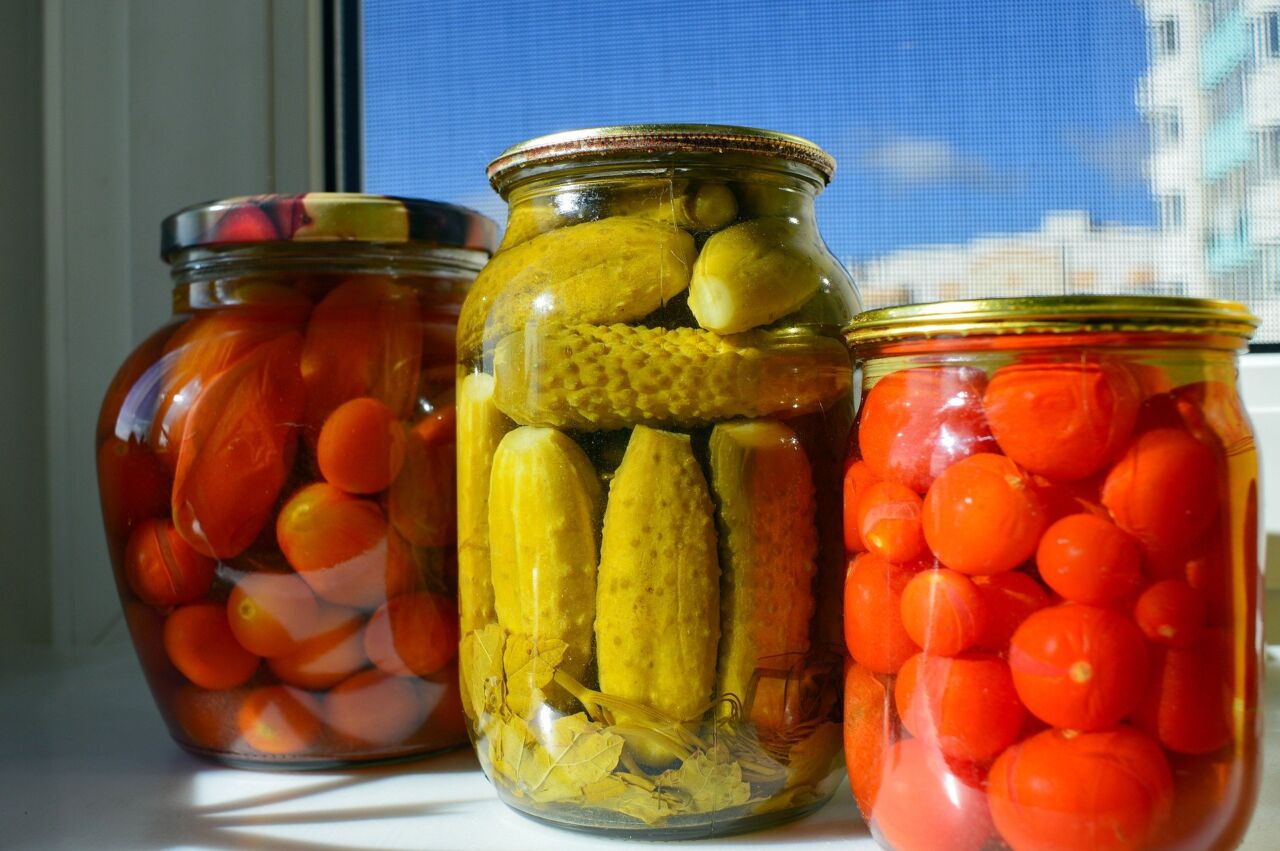Coronavirus
Home gardeners are in a pickle with canning lid shortage

Many gardens are wrapping up for the year, but not everyone can put a lid on the season.
A shortage of canning supplies has local growers of all types digging for unique solutions. Heather Quackenboss is a La Crosse County Extension Educator who has enjoyed canning for years.
“The nice thing about canning is you know exactly what is in your food, where your food came from, and you can make it how you like it,” Quackenboss said. “There is a beautiful motivation with canning as well as this great sense of accomplishment.”
Since the COVID-19 pandemic began, she and her colleagues noticed an increased interest in gardening and urban agriculture. It started in April with seeds and gardening supplies flying off the shelves.
“I think all of us during a pandemic were trying to think of what we can do to keep busy,” Quackenboss said. “Some of us had extra time to add different skills, or maybe we had a little bit less trust in what I’m going to eat. Maybe our parents or grandparents did it, and we remember some of that, so it is almost like a bit of nostalgia, and a little bit of home preservation really helps.”
She was pleased to see the reemergence of canning, which started to decline in the 2000s as individuals and families found it easier to simply purchase food from the store made available through the nation’s efficient transportation system. However, it was that sudden uptick that put many gardeners in a pickle when there were no lids to be found.
“I don’t think the suppliers were necessarily thinking of that,” Quackenboss said. “There are a lot of shortages. We’ve seen what happens with toilet paper. When we get nervous, we stock up, and so people may have stocked up on lids. People may have waited too late, and they are just not getting to the shelves like they used to because of supply and demand.
Lids can still be purchased online but at a higher price. Some new canners may borrow or buy older lids, but Quackenboss advised putting them in boiling water for sterilization and to make sure a seal forms. When it comes to the canners themselves, UW-Extension does test dial gauges to make sure they maintain pressure.
Quackenboss reminded those who are canning to not only be cautious of using old equipment, but also old recipes.
“We don’t want to make anyone sick,” she said. “Using those old memories, while nostalgic, it’s good to check them with recipes that are evidenced and science-based to be as safe as possible. Those research-tested recipes are going to be safest for us.”
The National Center for Home Food Preservation does offer recipes for canning online.
Of course, there are other food preservation methods such as blanching, freezing, dehydrating, and more. Food safety resources can be found online, or those who have questions can contact Quackenboss or her colleagues at UW-Extension.
“When we’re trying something new, we’re not going to be an expert,” she said. “It is ok to ask questions. It is ok to look things up. Mistakes will be made. Things happen. It’s ok. We’ll move on.”
UW-Extension also has a blog with food safety and preservation updates.







